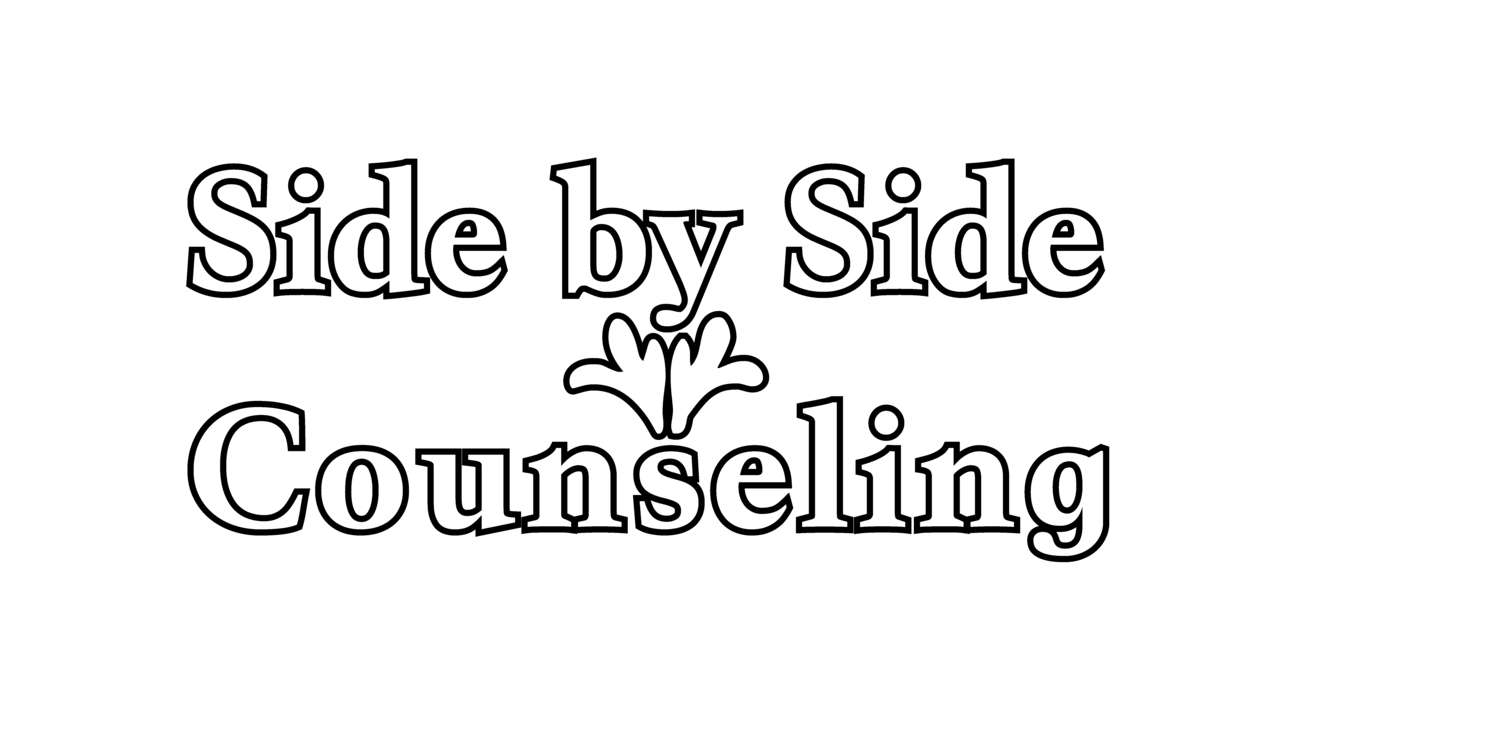Give Yourself a Break
May 4, 2020
During my sophomore year in college, I got a D in Astronomy and withdrew from another class. I was never a straight-A student, or particularly strong in science, but this was unusual. And as you may recall from some of my earlier blog posts, I love the night sky and science fiction. I had been so excited about the Astronomy class when I registered. So what happened?
I had already been having a hard time personally. And then a friend died suddenly, from a brain aneurysm. I was heartbroken, and my internal world was thrown into chaos. I couldn’t focus or concentrate on anything. I lost the motivation to be successful in school. For better or worse, school wasn’t my immediate priority.
Out of the dozens of students I’ve talked to since the COVID -19 crisis began, close to 100% have told me a version of the following: “I don’t know what’s wrong with me. I can’t focus or concentrate. I don’t have any motivation. I can’t get started on my work. I keep putting it off. I’m not even doing other productive things. Other people seem to be handling all this. What’s wrong with me?”
When you’re in the middle of a crisis, it’s hard to have perspective on how it’s affecting you. Given my life experience (read: “age”) and my job, which involves talking with many students, I have a little more collective information about how students are being affected by all of this emotionally.
As a student, there are so many interwoven problems associated with COVID-19. Immediate financial concerns, access to food and basic needs, and worries about future financial security. Finding a safe and supportive place to live. Worries about family members and friends who are older and/or immune-compromised. Total and complete disruption of life as we know it. Confusion about remote learning and access to student services. Professors’ differing approaches to remote learning, based on their own technological knowledge, academic disciplines, personalities, educational philosophies, and degrees of understanding about how the crisis is affecting students.
In a crisis, you need to adjust expectations. This is different from “lowering” expectations because you just don’t feel like doing something. Expectations need to be realistic: if they’re too low, you won’t reach your potential, but if they’re too high, you’ll always feel like you’re failing. Feeling like a failure is a really hard way to go through life.
I’ve long been ashamed of that D in Astronomy, which in retrospect, is sad. But if you’re a person who loves learning, and education is important to you and/or your family, grades can take on a larger-than-life meaning.
If motivation and procrastination have been a problem for you in the past, they’re probably worse now. You’ve probably already developed strategies to help with this: breaking down assignments; using lists and calendars; holding yourself accountable by sending your calendar to a friend or professor; intermittent “rewards” like snacks or movies; and using cognitive strategies like reminding yourself that the work feels bigger than it actually is, or that once you get started you’ll enjoy it, or that you have no choice but to just do it.
But you also need to give yourself a break. Grading guidelines for this semester have been adjusted so that your grades don’t have to affect your GPA. If you’re planning to go to graduate school, it’s very likely that schools will be understanding about the impact of this semester on your transcript. If you don’t do as well as you usually do academically, it’s not a commentary on who you are as a person. It’s a reflection of an external circumstance that affected you — because you’re human.
Grades are important, but not at the expense of physical and mental health. Do your best, adjust expectations, and give yourself a break.
This blog post originally appeared on the Carthage College website. It has been republished with permission.
